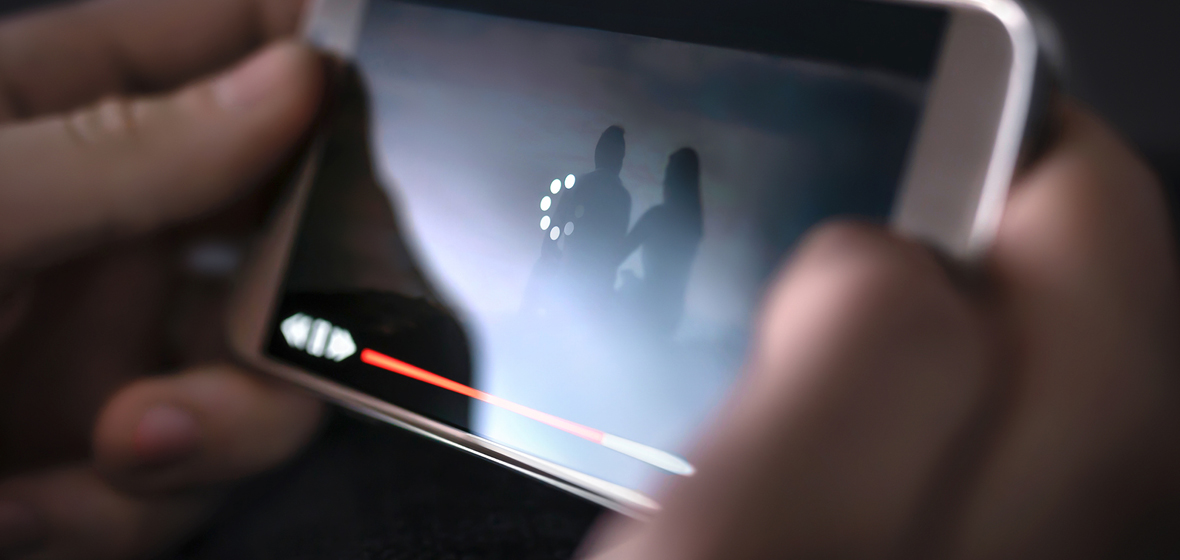Snapshot
- While the use of audio and video recordings in Family Court proceedings is not new, it seems almost inevitable that we will soon see a rise in clients seeking to rely upon recordings taken surreptitiously during COVID-19 lockdowns.
- Careful consideration should first be given to whether the recordings are illegal and whether any exceptions under s 7 of the Surveillance Devices Act 2007 (NSW) can be engaged.
- Consideration should also be given to whether the recordings may nevertheless be admissible under ss 135 and 138 of the Evidence Act 1995 (Cth).
COVID-19 has forced families into close confines for extended periods of time, not only during lockdowns, but also as a result of the work-from-home and home-schooling arrangements which have become commonplace as we navigate life during the pandemic.
In March and April 2020, the Family Court recorded a 39 per cent increase in urgent applications filed. The rate of domestic violence has also spiked, with one survey by the Australian Institute of Criminology reporting a 53 per cent increase in the frequency and severity of family violence during the pandemic.
Thanks to smartphones, most Australians now have a device at their fingertips which can make audio and video recordings at the click of a button. While the use of audio and video recordings in Family Court proceedings is not new, it seems almost inevitable that family law practitioners will soon face an increase in parents seeking to rely upon recordings taken surreptitiously during COVID lockdowns. It is therefore timely to consider whether such recordings are legal, whether they may have any use in Family Court proceedings, and the various matters to consider if a client presents you with such a recording.
Is the recording legal?
In New South Wales, the making and use of secret recordings is governed by the Surveillance Devices Act 2007 (NSW) (‘the Act’). Section 7 of the Act prohibits, amongst other things, the use of listening devices to record a private conversation to which the person is, or is not, a party. A listening device is defined as ‘any device capable of being used to overhear, record, monitor or listen to a conversation or words spoken to or by any person in conversation …’ and a smartphone will therefore constitute a listening device.




